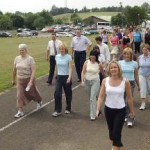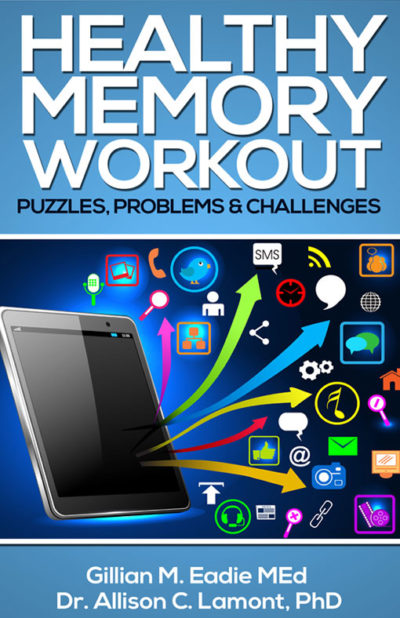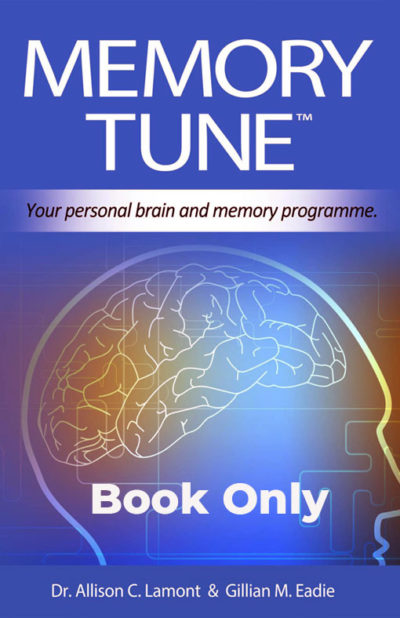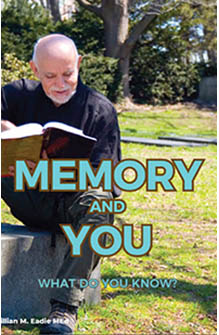Your social life can protect your brain and memory!
Results from two major research studies show that people who have a small or non-existent social circle or who seldom engage with other people are at greater risk of developing memory loss.
In 2008, investigators from the Harvard School of Public Health used information, gathered between 1998 and 2004, from more than 16,000 Health and Retirement Study adults over 50 .
The results were impressive. People with the highest levels of interaction with family, friends, and other people were more likely to retain cognitive functioning; this connection was particularly prominent among people most at risk for dementia: those who had fewer than 12 years of education and those with “vascular conditions” (defined as high blood pressure, diabetes, or stroke).
Kaiser Permanente Southern California studied, over four years, 2,200 female members who were at least 78 years old and did not show any symptoms of dementia in 2001, when the study started. The authors found that women with large social networks were less likely to develop dementia than were more isolated women.
Why does social contact help?
1. Meeting and talking with others reminds you of the importance of exercise, healthy eating and brain challenges.
2. Others can encourage you to get medical help when, on your own, you might push symptoms aside. An offer of a ride to the medical office takes care of the logistics!
3. Group activities sometimes push you out of your comfort zone and into interesting encounters you would not have found on your own.
4. When you feel supported by others you tend to worry less and experience less stress. Stress, of course, triggers hormones that can interfere with brain function.
5. A rich social life may also be more emotionally and intellectually stimulating, exercising the brain and fostering better neuronal connections and nerve cell growth.
Suggestions for creating new social connections:
Over time, social bonds can be broken. Older adults often face a time when close friends and relatives die. That’s why it’s important to grasp opportunities to expand your social circle and deepen ties you’ve already made:
- If you normally wait for others to reach out, pick up the phone and propose a date.
- Make a difference in someone’s life. Explore some of the many volunteer opportunities available, from wielding tools to spruce up affordable housing to mentoring a child or businessperson.
- Consider rejoining the work force. AARP has tips on buffing up your skills when searching for work. Besides bolstering your finances—which might be necessary—a job can offer opportunities to connect with others.
- Harness the warmer side of technology. E-mail and telephones extend our reach around the world. Join SeniorNet. Libraries and senior centres may offer free on-line time and may even help you set up a free e-mail account.
- Find like-minded individuals through organizations or hobbies that interest you. Local newspapers are a good source of this information.
- Return to the classroom. Learn a new skill, brush up on an old one, or pursue a passion. Local colleges and adult education centres offer up a variety of new experiences—from learning a language to studying art history to finding out how to make delicious ethnic dishes.




